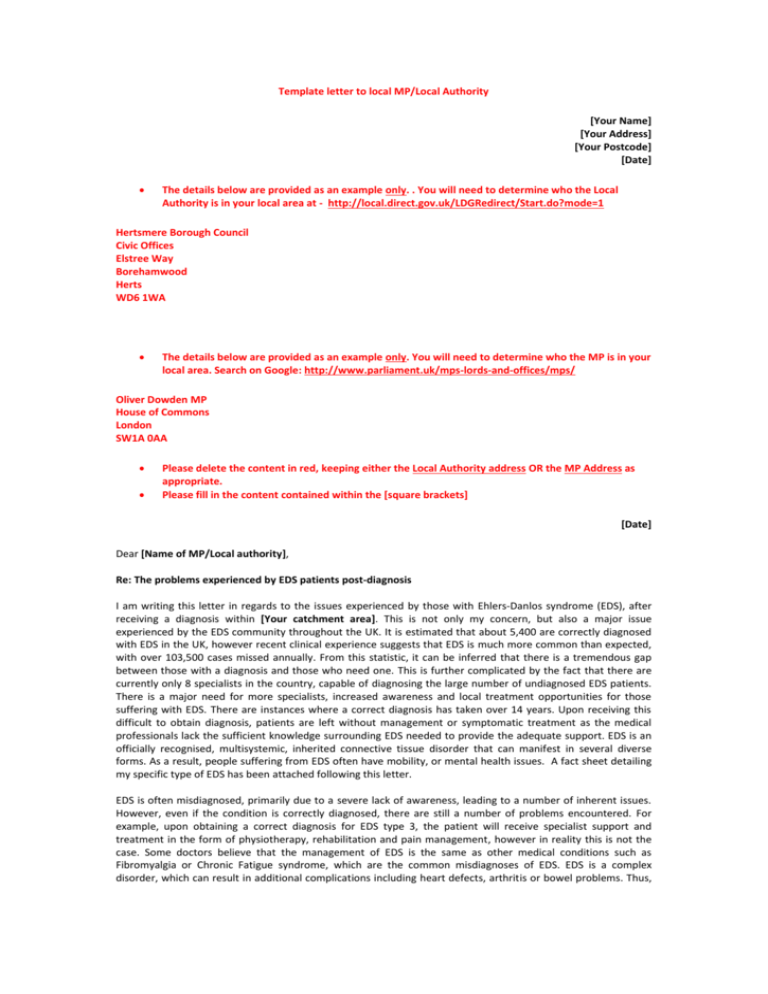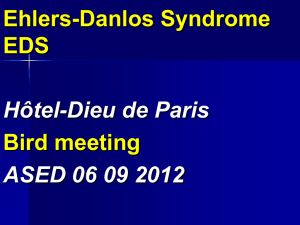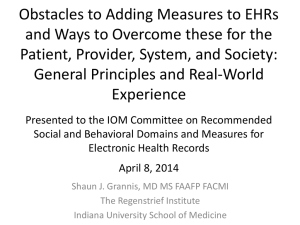Lack of services available post-diagnosis, in
advertisement

Template letter to local MP/Local Authority [Your Name] [Your Address] [Your Postcode] [Date] The details below are provided as an example only. . You will need to determine who the Local Authority is in your local area at - http://local.direct.gov.uk/LDGRedirect/Start.do?mode=1 Hertsmere Borough Council Civic Offices Elstree Way Borehamwood Herts WD6 1WA The details below are provided as an example only. You will need to determine who the MP is in your local area. Search on Google: http://www.parliament.uk/mps-lords-and-offices/mps/ Oliver Dowden MP House of Commons London SW1A 0AA Please delete the content in red, keeping either the Local Authority address OR the MP Address as appropriate. Please fill in the content contained within the [square brackets] [Date] Dear [Name of MP/Local authority], Re: The problems experienced by EDS patients post-diagnosis I am writing this letter in regards to the issues experienced by those with Ehlers-Danlos syndrome (EDS), after receiving a diagnosis within [Your catchment area]. This is not only my concern, but also a major issue experienced by the EDS community throughout the UK. It is estimated that about 5,400 are correctly diagnosed with EDS in the UK, however recent clinical experience suggests that EDS is much more common than expected, with over 103,500 cases missed annually. From this statistic, it can be inferred that there is a tremendous gap between those with a diagnosis and those who need one. This is further complicated by the fact that there are currently only 8 specialists in the country, capable of diagnosing the large number of undiagnosed EDS patients. There is a major need for more specialists, increased awareness and local treatment opportunities for those suffering with EDS. There are instances where a correct diagnosis has taken over 14 years. Upon receiving this difficult to obtain diagnosis, patients are left without management or symptomatic treatment as the medical professionals lack the sufficient knowledge surrounding EDS needed to provide the adequate support. EDS is an officially recognised, multisystemic, inherited connective tissue disorder that can manifest in several diverse forms. As a result, people suffering from EDS often have mobility, or mental health issues. A fact sheet detailing my specific type of EDS has been attached following this letter. EDS is often misdiagnosed, primarily due to a severe lack of awareness, leading to a number of inherent issues. However, even if the condition is correctly diagnosed, there are still a number of problems encountered. For example, upon obtaining a correct diagnosis for EDS type 3, the patient will receive specialist support and treatment in the form of physiotherapy, rehabilitation and pain management, however in reality this is not the case. Some doctors believe that the management of EDS is the same as other medical conditions such as Fibromyalgia or Chronic Fatigue syndrome, which are the common misdiagnoses of EDS. EDS is a complex disorder, which can result in additional complications including heart defects, arthritis or bowel problems. Thus, if a patient receives incorrect management for these symptoms, this can have a potentially disastrous effect on the patient. In addition to the lack of specialist consultants, there is insufficient credible research on EDS, which limits postdiagnostic management and treatment, whilst also not offering any confirmation on the many other symptomatic associations linked with EDS, for example, mental health issues. Furthermore, having such little access to those few specialists creates long referral times and distances between desperately needed appointments, this coupled with having a chronic pain syndrome can leave the patient feeling ignored, anxious and suffering, resulting in an increased likelihood of mental health disorders. Patients are often labelled as hypochondriacs or as having Munchausen’s syndrome from their local health professionals. It is this lack of understanding of EDS within the medical community, which results in a severe underestimation of pain experienced by EDS patients, as it is an “invisible” condition. Thus resulting in lack of care, responsibility and unnecessary referrals to other specialists who also do not understand EDS. Upon obtaining a referral to a specialist who is also unaware of EDS, this leaves the professional overwhelmed and fearful to even treat the patient in any way, especially concerning surgical treatments and procedures. This vicious cycle is costing the health service millions, needlessly increasing waiting times, which is also not in line with the conservative party’s manifesto, only to then be re-referred to those 8 specialists who are already overstretched beyond belief. [Add any personal experiences about the issue here. Make sure to keep sentences concise and to the point.] As your constituent, I would like you to use your influence to raise awareness and strengthen medical knowledge about EDS within the local medical community. This would help to relieve pressure on the current, limited specialists. If you could also help raise awareness about EDS within local communities, this would be a costeffective approach and help envision the concept of the ‘Big Society’. It is essential to introduce EDS into medical schools throughout the country, so that the next generation of doctors are mindful of this ignored disorder. This would provide an inexpensive and simple solution to raise awareness. Following this, there needs to be an increase in the number of EDS specialists within local communities throughout the UK. Other rare genetic disorders such as Cystic fibrosis have over 20 specialists located all over the country, whilst the 8 EDS specialists are primarily based in London, making the journey extremely challenging for mobility impaired EDS patients. Furthermore, there needs to be appropriate services, accessible on a local level to EDS patients. EDS-specific physiotherapy is needed, as normal physiotherapy can prove harmful to EDS patients due to the inappropriate exercises given. In addition, there needs to be more rehabilitation facilities and local rheumatologists able to diagnose EDS. In the Conservative manifesto, it is stated that £8bn is to be spent to accommodate for the NHS’s five-year forward plan. Three priorities included in the plan aim to invest in and improve primary care, elective care and specialised care. Another mantra stressed, is the aim to save £22bn within the health care system. In order to achieve this, there needs to be a vast decrease in the inefficiencies of the diagnosis and referrals of EDS. If we can address these problems identified at the post-diagnosis stage, we can help address many of the inefficiencies within the healthcare system, benefit system and other aspects of the economy. If the patient can be diagnosed and managed within the appropriate time, this will improve the patients quality of life, allowing them to better contribute to society, and hence they will be more likely to be productive in employment thus being able to pay taxes and less likely to seek financial support from the government. I eagerly await your response and thank you in advance for your support on this matter. Yours sincerely, [Your name and contact info]






